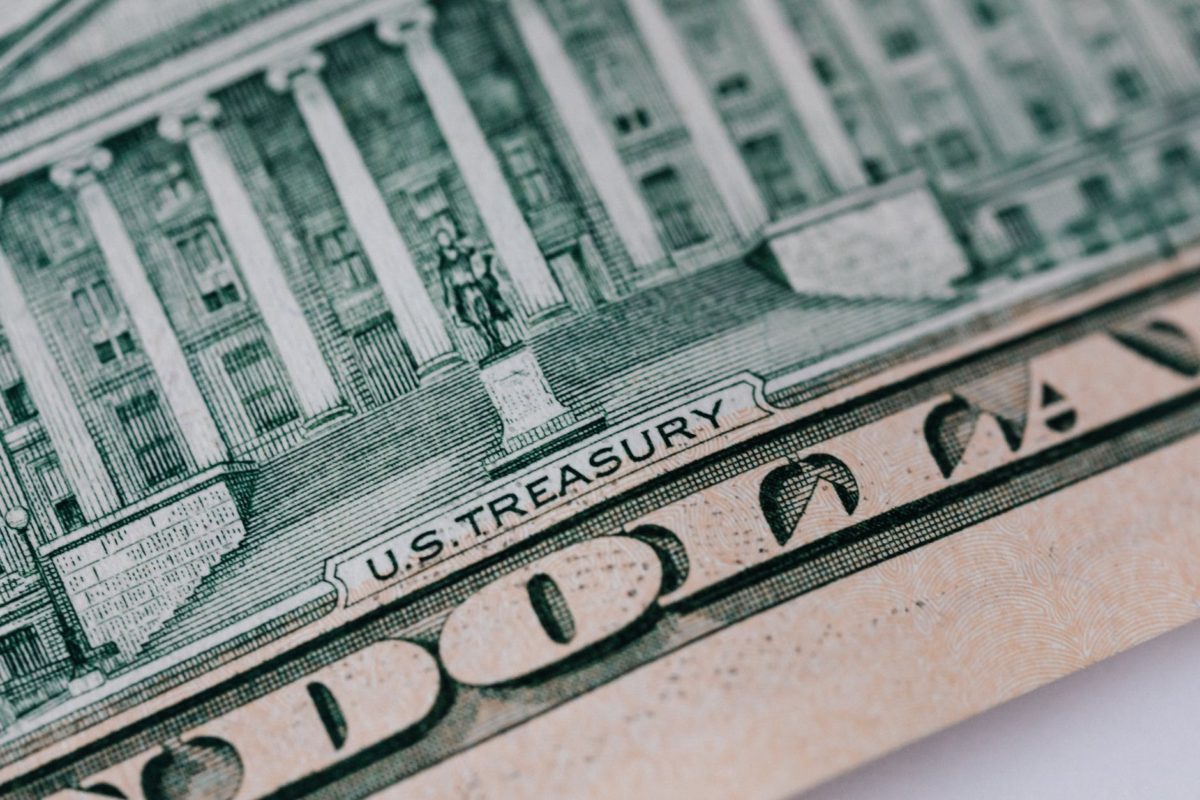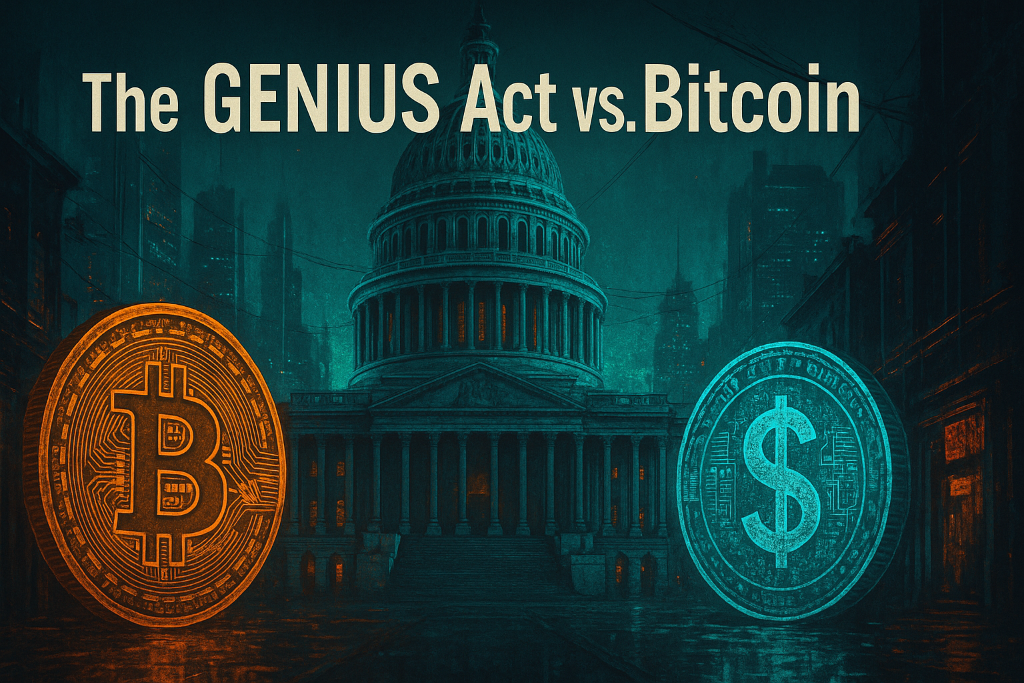“Blessed are the young, for they shall inherit the national debt.”
― Herbert Hoover
Debt has long been a topic of government conversation. Government debt has fueled every war and every recession and depression since the Federal Reserve was created in 1913. Today the Untied States is digging deeper and deeper into debt. We continue to raise the debt ceiling, which really isn’t a ceiling anymore, but for what? Just as households in America have become hooked on easy money, and not living within our means. The Federal government has taken a more intense approach to being buried in debt. By raising the amount of debt the Treasury is able to have on the balance sheet they have chosen to throw all fiscal responsibility out the window, leaving this nation’s youth with a questionable future thanks to the national debt.
1835 was the last time that the U.S government was debt free, and sadly will be for the foreseeable future. The Federal government has been in debt basically its entire history. The last time the debt was shrinking was in the 1960s, when we were finally able to get the Debt-to-GDP-ratio back to a pre WWII number. Since the mid 1970s the Federal Debt has exploded to the astronomical number it is today, and counting. There is a ton of debate about the amount of debt our government can carry, and the economic impacts it has on average Americans.
Average Americans have to live with the real world consequences of the debt decisions made. When there is too much debt we can experience periods of heavy inflation, and increases in tax burdens. When the debt load is cooling off we can see higher interest rates, which leads to lower consumer spending. We also see a decrease in business investment as interest rates rise leading to a slower growing GDP. There is certainly a balancing act with debt, and it will be interesting to see where it goes from here.
The biggest concern that all of this talk of debt has on my mind is the value of the dollar. The dollar has been losing value for over 40 years at this point. America’s debt burden has such an impact on the dollar’s World Reserve status. If the U.S debt burden were to become too much, the IMF may have to look at China or Europe to replace the dollar for world business affairs. The effects of change in World Reserve currency would not be good. We would go from the top to who knows where, as an economic imposition at home would be inevitable.
This is such a brief write up, but it sets up my next topics nicely; “Dollar Decline, Consequences of Debt, and The Dawn Of A New Economy are in the works. I look forward to sharing them with you all! Thanks for reading, please reach out. Let’s chat more about debt, and what it means for the U.S going forward! Cheers!




